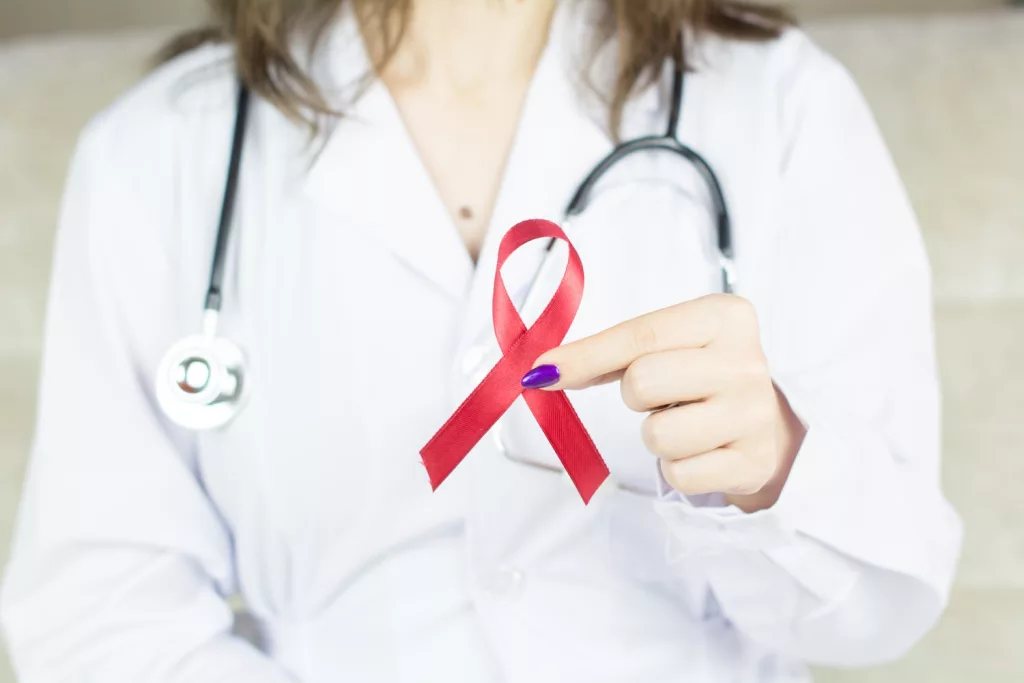Cancer is a widespread disease that affects millions of people worldwide. Early detection plays a crucial role in successful treatment outcomes, but unfortunately, many women tend to overlook or dismiss warning signs that could indicate cancer. It is important for women to be aware of the potential symptoms and seek medical attention promptly.
In this article, we will discuss seven common cancer signs that women often ignore, emphasizing the significance of early detection for better prognosis and treatment options.
Watch out for these cancer signs women usually ignore:
1. Persistent Fatigue
While fatigue is a common occurrence in our fast-paced lives, persistent and unexplained fatigue can be a potential warning sign of cancer. Many women attribute fatigue to their busy schedules or lack of sleep, ignoring the possibility of an underlying health issue. If fatigue persists despite adequate rest, it is essential to consult a healthcare professional for evaluation.
2. Unexplained Weight Loss
Unintentional weight loss without any change in diet or exercise patterns may be a red flag for several types of cancer. Women often celebrate weight loss without realizing that sudden and unexplained drops in weight could indicate an underlying health problem. It is crucial to pay attention to such changes and seek medical advice to rule out any serious conditions.

3. Changes in Breast
Breast cancer is one of the most common cancers among women. Yet, many ignore the subtle changes in their breasts, assuming them to be normal variations. Any lumps, dimpling, nipple discharge, or changes in breast size or shape should be promptly investigated. Regular self-breast examinations and annual mammograms after the age of 40 are highly recommended for early detection of breast cancer.
4. Abnormal Vaginal Bleeding
Irregular or abnormal vaginal bleeding should never be ignored, particularly in postmenopausal women. It could be an indication of gynecological cancers such as cervical, ovarian, or uterine cancer. Women often dismiss such bleeding as a hormonal fluctuation, delaying diagnosis and potentially compromising their treatment options. Consulting a gynecologist is crucial to evaluate the cause and ensure timely intervention if necessary.
5. Persistent Indigestion or Digestive Issues
Persistent indigestion, bloating, or changes in bowel movements should not be dismissed as mere digestive disturbances. These symptoms can be indicative of gastrointestinal cancers such as stomach, colon, or ovarian cancer. Women often attribute these symptoms to dietary choices or stress, ignoring the possibility of a more serious underlying condition. A thorough medical evaluation is essential to identify any potential risks.

6. Skin Changes
Changes in the skin, such as new moles, changes in existing moles, or skin discoloration, may indicate skin cancer. Women often neglect these changes, considering them a normal part of aging or sun exposure. However, early detection of skin cancer significantly improves the chances of successful treatment. Regular skin self-examinations and dermatologist consultations are recommended to monitor any suspicious changes.
7. Persistent Pain
Persistent pain, especially in the abdominal, pelvic, or back regions, should never be ignored. It may indicate various types of cancer, including ovarian, colorectal, or pancreatic cancer. Women often attribute such pain to aging, stress, or physical exertion, delaying proper diagnosis. Seeking medical attention and appropriate diagnostic tests can help identify the cause and initiate early treatment if necessary.
Conclusion
Ignoring potential signs of cancer can have serious consequences on women’s health and well-being. Recognizing and addressing warning signs at an early stage significantly increases the chances of successful treatment outcomes.
It is crucial for women to be vigilant about their health, seek regular check-ups, and promptly consult healthcare professionals if they notice any persistent or unusual symptoms.
By prioritizing their health and being proactive in seeking medical advice, women can take control of their well-being and potentially save their lives through early cancer detection and treatment. Remember, early detection is key in the fight against cancer.
Disclaimer: This is for informational purposes only.
You might also like:








